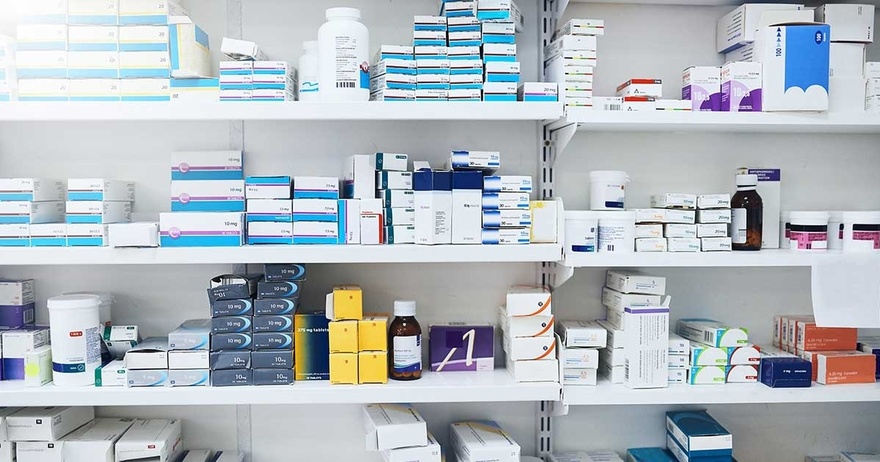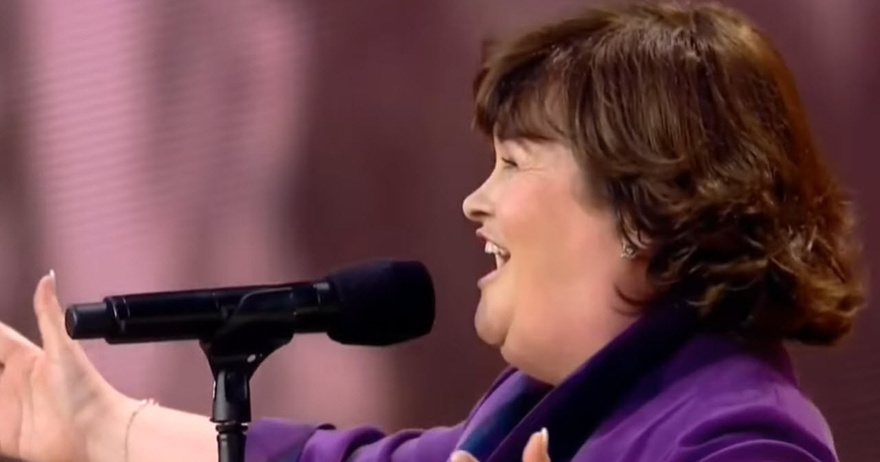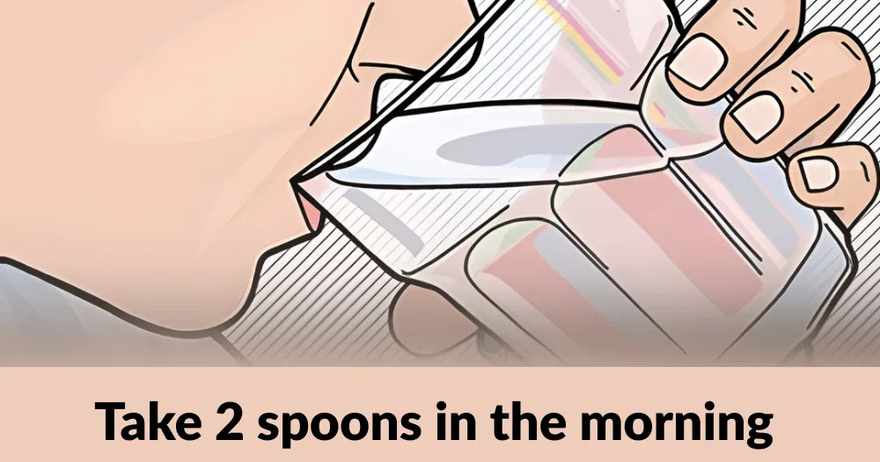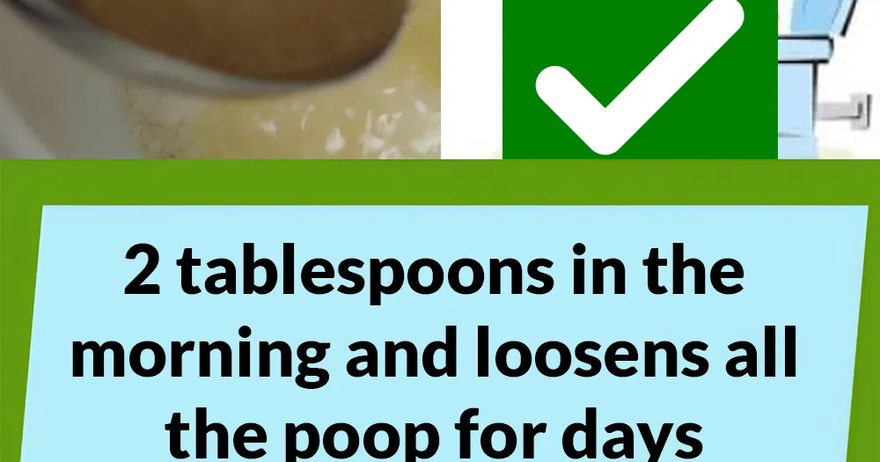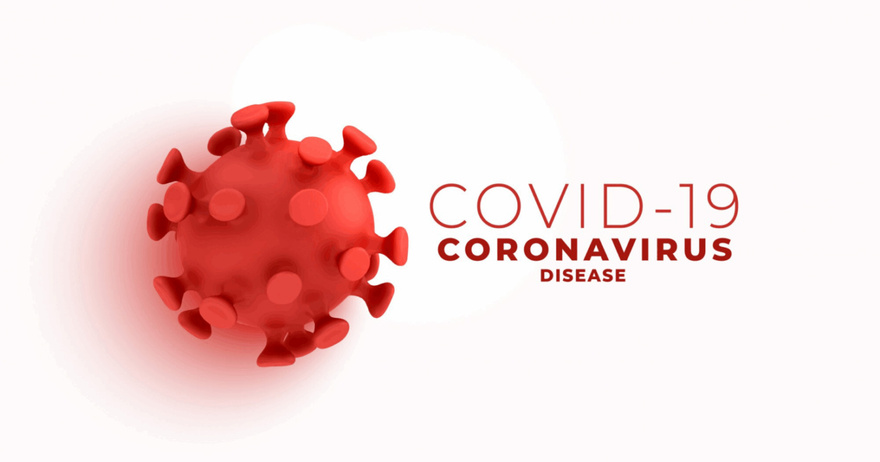A major recall involving more than 600,000 bottles of the blood pressure medication Ramipril has sparked concern across the United States. The recall, prompted by issues with the manufacturing process at a facility in India, highlights ongoing challenges in pharmaceutical quality control. Here’s what you need to know about the recall, the drug’s importance, and its broader implications for patient safety
The Recall
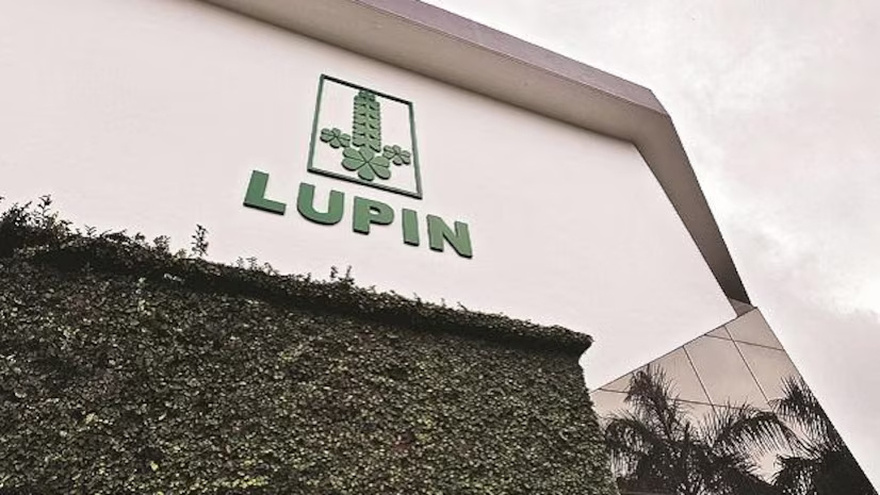
Baltimore-based Lupin Pharmaceuticals Inc., a subsidiary of Mumbai-based Lupin, has initiated a recall of 616,506 bottles of Ramipril, a drug commonly prescribed to manage high blood pressure and prevent cardiovascular complications. The recall involves dosages of 2.5 mg, 5 mg, and 10 mg capsules, with expiration dates extending to July 2026. According to the FDA, the recall stems from the use of an active pharmaceutical ingredient (API) sourced from an unapproved vendor, resulting in deviations from current good manufacturing practices (CGMP).
The Class II recall designation by the FDA indicates that while the risk to public health is low, there remains a possibility of temporary or medically reversible adverse health consequences.
This incident underscores the critical need for stringent oversight in global supply chains, as the affected API was manufactured at a facility in Goa, India. “This recall demonstrates the vulnerabilities of relying on unverified suppliers for key ingredients,” said an FDA spokesperson.
Impact on Patients and Public Health
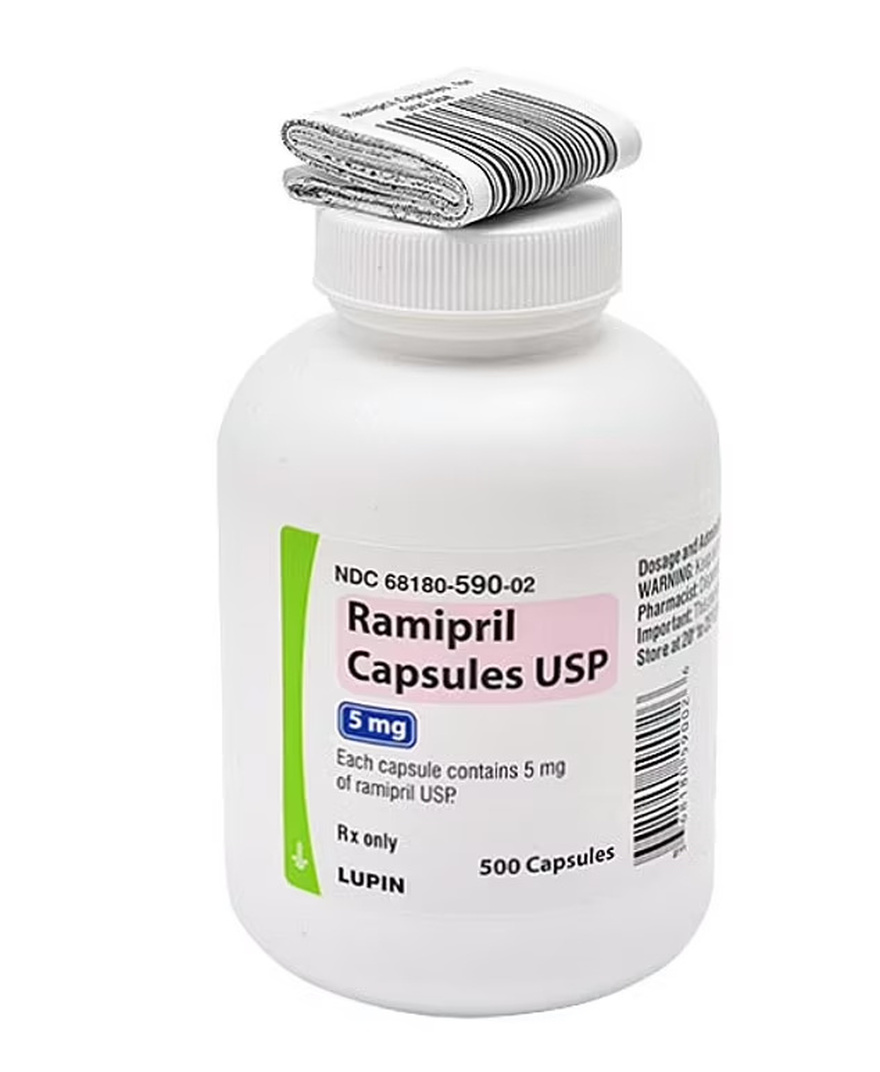
Ramipril is a cornerstone treatment for hypertension, helping to lower blood pressure by relaxing blood vessels, thereby reducing the risk of strokes, heart attacks, and kidney issues. In the United States, it is prescribed to over 2.4 million patients annually, emphasizing its significance in cardiovascular health.
The recall affects patients across the country, as the bottles were distributed by over 30 vendors nationwide. Patients are strongly advised to check their prescriptions against the FDA’s published list of affected batches. While no adverse effects have been reported thus far, individuals are encouraged to consult their healthcare providers for guidance and alternative medications. “Prompt action is essential to ensure patient safety and maintain treatment continuity,” stressed a healthcare expert.
In a related note, this recall adds to growing concerns over the quality of imported pharmaceuticals. Recently, similar issues were reported with other drugs, such as clonazepam and ibuprofen, further amplifying calls for enhanced regulatory oversight in international manufacturing.
Broader Implications for Drug Safety

This recall highlights not only the importance of maintaining rigorous quality control but also the necessity of improving global pharmaceutical standards. The FDA classifying this as a Class II recall reflects a proactive approach to preventing larger health crises. However, some experts argue that more stringent checks are needed before drugs reach the market.
As evidenced by the recall of other drugs like cinacalcet tablets and contaminated eye drops, the pharmaceutical industry faces mounting pressure to prioritize safety and transparency. These incidents reveal systemic flaws in the oversight of production facilities, particularly those located abroad.
Public confidence in medications depends on manufacturers adhering to the highest quality standards. “The industry must adopt a forward-thinking approach to ensure that lifesaving drugs like Ramipril remain safe and effective,” emphasized a regulatory analyst. Consumers, too, are urged to stay informed by reviewing FDA recall notices and engaging in proactive conversations with healthcare providers.
The recall of over half a million bottles of Ramipril serves as a wake-up call for the pharmaceutical sector. It underscores the shared responsibility of manufacturers, regulators, and patients in safeguarding public health. While the immediate risks may be minimal, the long-term consequences of such lapses could erode trust in essential medications.
As the industry works to address these challenges, patients impacted by this recall are urged to consult their doctors promptly and explore alternative treatments. With collective vigilance, the goal is to ensure that incidents like this become rare, bolstering both drug safety and patient confidence moving forward.
Wendy’s Reacts to Backlash Over Joke About Leaving Katy Perry in Space: ‘Always Bring a Little Spice’
Michael Bublé Is Living The Good Life With His Family In A Multi-Million Dollar Mansion In His Hometown.
Dolly Parton’s best duet yet: ‘There Was Jesus’
Grooving Groom Daniel Lewis’s Epic Dance Entrance With His Boys Makes Wedding Goes Viral.
